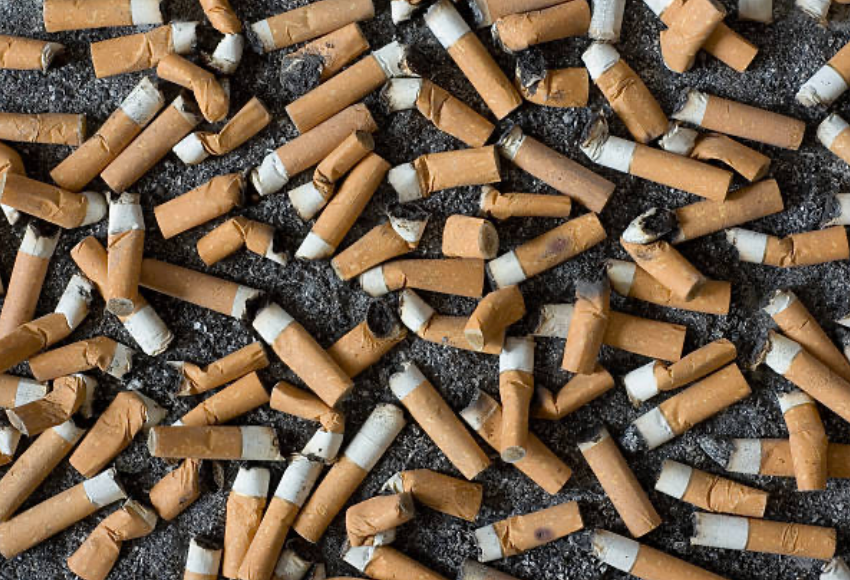by Ty Tagami | Capitol Beat News Service
ATLANTA — Smoking kills, but many still do it, and a small group of Georgia lawmakers want to help people kick the habit and discourage others from starting.
A big challenge for a bipartisan panel in the state House of Representatives: their main proposal is a tax increase, and tax increases are not popular in an election year. Their proposed legislation would come up for a vote in 2026, observed the chairwoman, Rep. Sharon Cooper, R-Marietta, at the last of three hearings for the House study committee on smoking and vaping Thursday.
Committee members are considering other ideas, too, such as requiring ingredient disclosures on the packaging of vaping products and banning flavors. They also discussed increasing the $10 licensing fee for vape shops to suppress their numbers. (In Georgia, it costs $10 for a tobacco sales licensing fee and another $10 to sell tobacco vape products.)
“There are more vape shops now in Georgia than Chick-fil-A and Starbucks combined,” said Dr. Daniel Miller, a thoracic surgeon at the Medical College of Georgia who offered a buffet of statistics at Thursday’s hearing. “They pop up anywhere for $10. It’s incredible how they’ve exploded. It’s because it doesn’t cost anything.”
Miller said vaping products contain 25 times more nicotine than cigarettes, making them highly addictive for children.
It is illegal to sell tobacco products to children, but observers complained about lax enforcement. One in five middle school students and one in four high school students vape, Miller said, adding that one in three college students do, as well.
Rep. Ron Stephens, R-Savannah, said he floated a sales tax increase to the chairman and members of the House Ways & Means Committee, which holds jurisdiction over taxes.
He also disclosed at the hearing that his wife’s sister, a smoker since the 1970s, had died Wednesday.
“It touches a lot of families,” said Stephens, a long-time advocate for increased tobacco taxes.
Back in June, as the committee was getting underway, Stephens said the likelihood of federal budget cuts might decrease resistance to higher taxes on products like tobacco.
Georgia has one of the lowest cigarette taxes in the nation, the committee heard in June.
At 37 cents a pack, it is well below the national average of $1.97. Only Missouri, at 17 cents, charges less.
“Sometimes the pocketbook and the squeeze changes minds,” Stephens said in an interview that month, adding that the tax revenue could offset health-care costs that would be borne by Georgians in the event of federal cuts, which subsequently became a reality when President Donald Trump signed his “Big Beautiful Bill” into law in July.
“If you smoke long enough and hard enough,” Stephens said, “you’re going to get sick, and somebody’s got to pay for it.”
By then, federal actions were already having an impact, something anti-smoking advocates noted Thursday, saying Georgia should restore $2.1 million to the Tobacco Use Prevention Program.
The Georgia Department of Public Health shuttered the program in May due to federal cuts at the Centers for Disease Control and Prevention though the state agency said “core” tobacco and vaping prevention and cessation programs were still operating.










